![Cartoonist Susie Cagle on Her Tear Gassing and Arrest While Covering Occupy Oakland [Interview]](http://townsquare.media/site/622/files/2011/11/susie-cagle-occupy-oakland-arrest.jpg?w=980&q=75)
Cartoonist Susie Cagle on Her Tear Gassing and Arrest While Covering Occupy Oakland [Interview]

International attention has fallen on the campsite of Occupy Oakland in the wake of tear gassing raids and mass arrests by police trying to clear protestors from the site, as well as the hospitalization of Marine and Iraq War veteran Scott Olsen who suffered brain damage when his skull was fractured by a police projectile. Cartoonist Susie Cagle has a unique perspective on the events in Oakland not only because she is documenting the protests as press, but because she was both tear gassed and arrested by police while covering the event. Cagle told ComicsAlliance why she got involved, why she is concerned about the violence and legality of the police responses, and shared original sketches of the camp as well as her personal videos of being tear gassed and arrested.ComicsAlliance: How did you first get involved in the whole Occupy movement?
Susie Cagle: I was interested. It started a little later here [in Oakland] than it did in a lot of other places. There was an initial rally on October 10th, and that was the day they established the camp. For the first week or so, I was just going and doing drawings because it was such a powerful visual. The camp is right in front of City Hall and this beautiful amphitheater, and right on the other side is this towering, massive Wells Fargo. Not far away are federal buildings and state buildings. It's the perfect spot for this to be in Oakland, and that makes a really powerful image: this tent village in front of all these stately buildings. That was what struck me first, and then I decided that it was clearly going to last long enough that I decided to do a more formal pitch for a full piece [on it] for a magazine article. I was originally going to do it for [the news organization] Truthout, but now it's going to be a piece in GOOD magazine.

CA: What do you consider your role to be at the protests?
SC: I definitely see my role as press. I guess I always see my role as press, and I think that people have a sense of press being objective, and I think that's total bullsh*t. I feel much more comfortable being openly opinionated, and I think that gives a much better context to my reporting. That doesn't mean I don't strive for intellectual honesty, but I am sympathetic to Occupy. I consider myself an ally. I don't consider myself a protestor, but I think they should be allowed to do that and I don't think think what the city and the Oakland [police] have done is right. There's a strange relationship with the media in Occupy Oakland, which started with TV news cameras being really aggressive and making people [in the camp] uncomfortable. I have an advantage; a lot more people are willing to talk to me because I don't have a camera. I draw comics. I'm not intimidating. I kind of think of myself like I'm embedded there. I spend a lot of time there and I have a lot of confidential sources and people willing to go on the record.
There's a huge overlap, especially in the Bay Area, between radical political minded people and people who love comics. They love comics, and they get so excited when I say that I'm doing this as a comic; they think that's awesome. I feel like I get more support from Occupy, even when I'm critical of them, than many of the other press who are there.
CA: In terms of what has happened at Occupy Oakland, there was an initial raid where the police used tear gas, but that was separate from your arrest experience, correct?
SC: It was used last Tuesday [October 25th], when I posted the video of myself being tear gassed, and also in video I posted of my arrest of from Wednesday [November 3rd]. And so much happened in the week between those two [incidents]. All of the outrage about Oakland, the violence and Scott Olsen... I think people weren't expecting that to happen all over again six or seven days later, or to actually be worse, because they arrested journalists and legal observers. Last week, most of the arrests came during the raid, which was in the middle of the night and really did target protestors who wanted to be there...
The arrests [where I was charged] were very different and took place after a very celebratory day of marches, so there were many other people there, not just the hard-core demonstrators. There were a lot of problems with the way that they went about it. The dispersal order was not audible. There's this script they're supposed to read about unlawful assembly and to disperse, and there's a directional speaker that they're supposed to point at the crowd. But they pointed it in the wrong direction so that no one could hear what they were saying. They also changed the order; at first they said to go into the plaza, which is a big paved area with surrounding walkways. That's where they arrested us -- on the plaza, which was not supposed to be a problem. Supposedly it was ok for people to be there.
I don't know if you've seen the video, but there was not really a crowd. I was turning around and trying to leave from where the skirmish line was, and police came around and cut everyone off. There wasn't a crowd there, because it was so far south of where the actual crowd was, just stragglers who were hanging out. They began rounding them up, screaming at them, shooting tear gas and flashbangs at them. I basically ran for my life.
I found this doorway, and there were tons of people crammed in there -- maybe 20 or 30. Many of them had the bright green National Lawyers Guild legal observer hats, and I thought, that is a good place to be. So I ran in there and we all put our hands up thinking this should be all right. We're away from the action, clearly peaceful, and I have my press badge around my neck. The police come up to the doorway and are basically about to beat us, and we have to scream, "No, no, please please." About 20 seconds later, they said, "Everyone get on the ground, you're under arrest."
CA: So their first reaction was to try to beat you?
SC: Their initial reaction was, "Who the hell are all these people hiding around this corner?" They're in combat mode. They've just been beating people in the head. They were just riled up, and I was honestly expecting them to shoot something in [the doorway]. We all got on the ground facedown and they came around and zip-tied [our hands]. I said, "I'm press," and they said, "We'll take care of that in a minute." But they still arrested me. And not only did they arrest me, but they booked me and charged me with a crime.
CA: What were you actually charged with?
SC: I'm charged with failing to leave the scene of a riot. It's the same charge that they gave to all the protestors who didn't really do anything, which was 100 of the 103 protestors [arrested], I believe.
CA: But you were trying to leave?
SC: Yeah. Definitely. People were trying to leave, or didn't even hear the dispersal order at all. There were people who were just walking home from the train who got caught up in this because they were on the street.
CA: Is there any legal recourse for this?
SC: Yes, although my legal recourse is probably going to be different because I'm press, and my protections are different. I know of one other journalist who was arrested, and the ACLU got him out, but they didn't get me out... I was held for 15 hours. They let us out at about 4:30 [PM on Thursday], but they had shipped us out of town, so we didn't get back to Oakland until about 7:30. They wouldn't release any of our personal belongings, though, so we couldn't get into our houses. No one had keys, wallets, cell phones, so things didn't really get back to normal until [Friday] afternoon.
CA: Are you planning to go back to the camp and continue your work just as before? Has the arrest changed the way that you perceive Occupy Oakland?
SC: Oh, it's definitely changed the way that I perceive this. Jail sucks. It's extremely dehumanizing, and very purposefully dehumanizing. It made me better understand the relationship between a lot of the people in Oakland and the Oakland Police Department. There's a long history of police brutality and violence here, and very much an us-and-them perspective. I'm a white girl who is pretty harmless, and I have a reasonable amount of privilege, so I'd never been on the other side of that until Wednesday night. That was an extremely interesting experience, and a learning experience, although I wouldn't want to do it again.

CA: Are you glad that it happened then, in the end?
SC: If they drop the charges. I guess right now my main concern is that there were some very explicit threats about anyone returning to Occupy, and that if we were arrested on the same charge again that it would be a felony and that we would be held until a court date. They were clearly trying to intimidate. It's kind of scaremongering.
I can't figure out why they needed to take down all the people in that doorway. There was no tactical reason for that to happen. Think about how expensive it was to book that many more people and keep us in jail. I don't understand that. They can only take 100 people out at a time on a day when there were 10,000 people there. Press matters, and public opinion matters... The police chief talks about how the arrestees were mainly anarchists and provocateurs, but only three of them were charged with any violence against the police.
CA: What kind of comics are you making about Occupy Oakland? Are they more individual sketches or panel-to-panel narratives?
SC: It's kind of up in the air now. The issue is that I started this piece before all the sh*t hit the fan, and now I am doing a lot more writing because so much has happened that it's really difficult to synthesize just using images, which is great because I get to go back to my roots in [traditional] journalism, which is what I did before comics. Just my arrest experience could be a 250-page graphic novel because so much happened and it was so insane. I'm really thinking of it as visual narratives now and not spot illustrations for the finished piece.
CA: What are you hoping for, moving forward, either out of the Occupy movement or how people respond to it?
SC: I'm hoping for an end to the violence. You know what I'm hoping for? Better coverage from other journalists who spend as much time here and talk to people as much as I do. There are a lot of people who pop in for a minute and pop out, and then do a whole piece that doesn't really understand what's going on. It's a very complicated situation and I think it requires that sort of long view that news doesn't really have patience for these days.
CA: Are you concerned about the threat of felony charges if you continue to cover the event?
SC: I am somewhat concerned. I don't have money for bail. I don't really want to go back to jail again, but I also think that all of this makes me so much angrier and more determined to do this story, because I feel like they tried to shut me up, and I can't in good conscience walk away under those circumstances... I feel like this is just getting started.
More From ComicsAlliance


![‘V for Vendetta’ Writer Alan Moore Comes Face-to-Guy-Fawkes-Face with Occupy Protestors [Video]](http://townsquare.media/site/622/files/2012/01/screen-shot-2012-01-12-at-7.27.15-pm.jpg?w=980&q=75)
![The Eerie Prescience of Brian Wood’s Debut Work ‘Channel Zero’ [Interview]](http://townsquare.media/site/622/files/2011/12/cz1.jpg?w=980&q=75)
